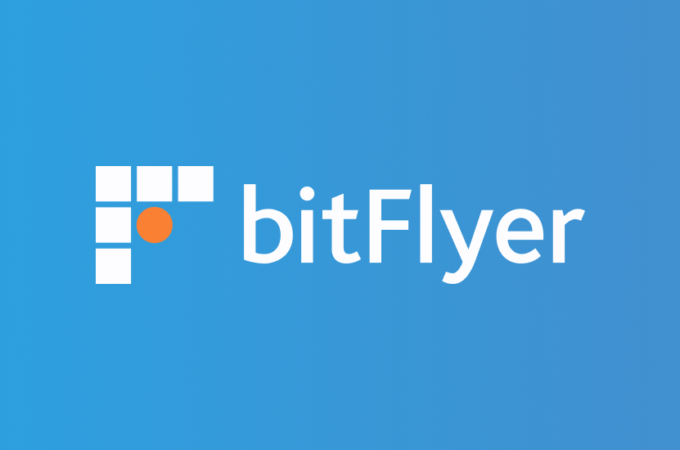
P2P-Lending in India and China
TECHCRUNCH: Lendingkart, a New Delhi-based platform for small businesses loans, has raised a Series A of $10 million from Saama Capital, Mayfield Fund, Shailesh Mehta, and Ashvin Chadha. Since launching a year ago, Lendingkart has processed loans from 50 cities and 17 states across India. It will use its new capital to expand into all towns and cities in India, improve its credit scoring technology, and hire more employees.
The startup is similar to LendingClub in that it allows businesses to apply for loans online, bypassing banks and other traditional finance institutions. Co-founder and chief executive officer Harshvardhan Lunia explains that Lendingkart’s algorithms use 1,500 data points to score credit application. The site claims that its application process takes just 15 minutes, with most loans approved in a few hours and disbursed within three working days.
The site taps into India’s e-commerce boom by working with marketplaces like Flipkart and Snapdeal to provide capital loans to online sellers, who only have to supply bank statements and VAT returns. Lendingkart then supplements that with information from their stores and other sites.
“Lendingkart has enough data available to determine a customer’s intent to pay back a loan, the quality of his product or service, the financial health of his business, and ability to survive with competition,” says Lunia. “We don’t ask the customer to fill out large forms. We scrape this data from public and private sources and APIs.”
He adds that India currently has about 30 million SMBs. While 1.6 million have received loans from financial institutions and 600,000 get capital from sources like friends, family, and money lenders, the vast majority of small businesses–or 92.77 percent–have no outside financing. Read the full article
E27.CO: IndiaLends, a Delhi-based credit underwriting and analytics platform for unsecured consumer lending, has raised an undisclosed amount in funding led by Singapore-based DSG Consumer Partners, with participation from a few angel investors including private equity investor Siddharth Parekh.
The startup, launched in March this year, plans to utilise the capital to grow its operations, improve technology and analytics capabilities and acquire talent. It also plans to expand its operations to other cities soon, starting with Mumbai and Bangalore. Read the full article
TECHINASIA: DSG backs IndiaLends to make it easier and faster to get loans
FT: A few months ago, a small entrepreneur in Nanjing who makes cheap souvenirs sold in Chinese railway stations and local airports borrowed a modest sum from an internet loan shark to pay his staff as his business slowed and cash flow dried up. Although the terms were punishingly high — 1 per cent per day — he thought the slowdown would prove temporary. But the debt crippled him and he was forced to shut down his small enterprise.
Today there are more than 2,000 peer-to-peer lenders in China. Some of them are outright frauds, enticing lenders to hand money to non-existent borrowers. Others are loan sharks, charging exorbitant interest to customers desperate for short-term funds, as in Nanjing. And others extend credit on reasonable terms to small and medium enterprises, and individual entrepreneurs, who are either too insignificant or too iffy for the banks.
Legitimate P2P internet lenders are slowly achieving critical mass in China, with the support of regulators frustrated by the banks’ reluctance to lend to small borrowers. Many small enterprises are in the service sector, so they lack the collateral that banks demand. In addition, the internet lenders have created a virtual infrastructure, including a credit bureau set up by the Alipay unit of Alibaba, that is comparable with or even superior to that of traditional banks. And while they still account for a tiny percentage of Chinese credit flows, these firms are now being taken seriously by banks as gargantuan as HSBC. Read the full article





